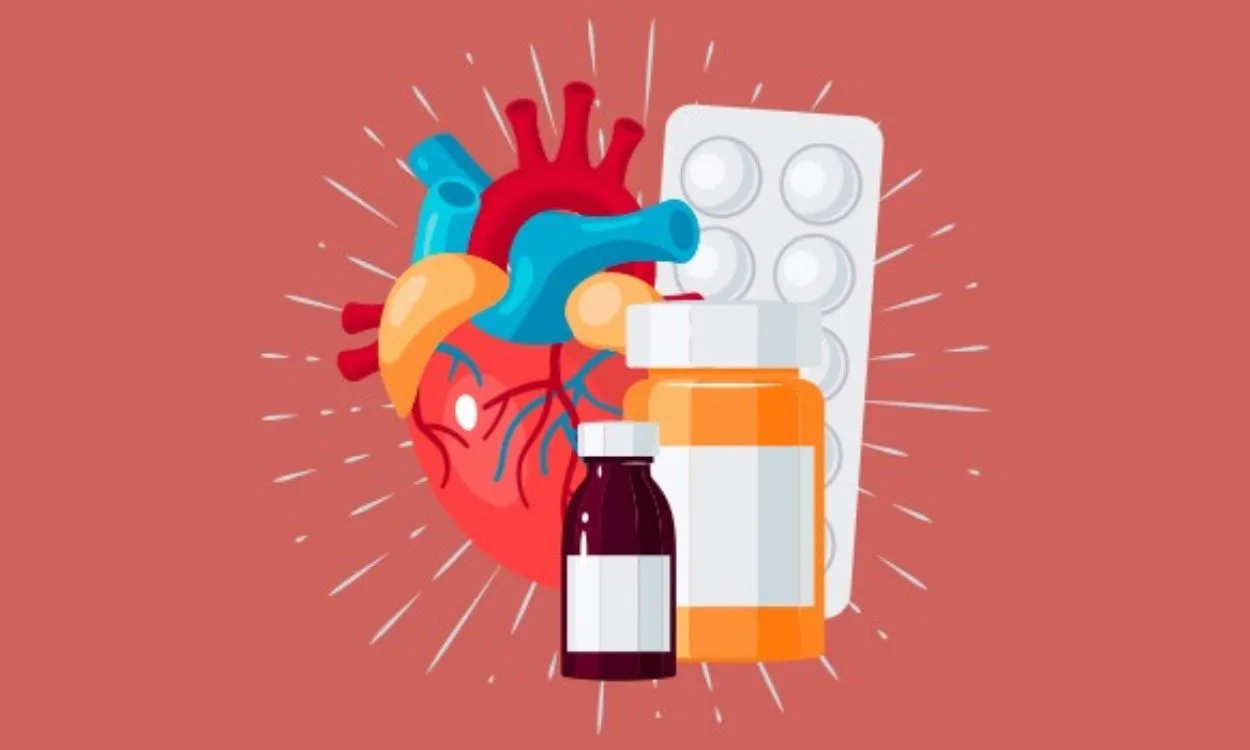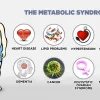Can cholesterol-lowering medications be necessary?
Cholesterol is a fatty substance found in the blood that is essential for the proper functioning of the body. However, high levels of cholesterol can lead to various health problems, including heart disease. In some cases, lifestyle changes such as a healthy diet and regular exercise may be sufficient to lower cholesterol levels. However, in certain situations, cholesterol-lowering medications may be necessary. Let’s explore when and why these medications may be required.
Understanding Cholesterol
Before diving into the necessity of cholesterol-lowering medications, it’s important to understand the different types of cholesterol and their impact on our health.
- LDL (low-density lipoprotein): Also known as “bad” cholesterol, LDL cholesterol can build up in the arteries and form plaques, leading to a higher risk of heart disease.
- HDL (high-density lipoprotein): Referred to as “good” cholesterol, HDL cholesterol helps remove LDL cholesterol from the arteries, reducing the risk of heart disease.
- Total cholesterol: This includes both LDL and HDL cholesterol levels.
Lifestyle Changes as the First Line of Defense
In most cases, making lifestyle modifications should be the initial step in managing cholesterol levels. These changes include:
- Consuming a healthy diet: Focus on a diet rich in fruits, vegetables, whole grains, lean proteins, and healthy fats. Limit the intake of saturated fats and trans fats found in processed foods, fried foods, and sweets.
- Engaging in regular physical activity: Aim for at least 150 minutes of moderate-intensity aerobic exercise per week. This can include activities such as brisk walking, cycling, or swimming.
- Maintaining a healthy weight: Losing excess weight can help lower cholesterol levels.
- Avoiding tobacco smoke: Smoking can lower HDL cholesterol levels and damage blood vessels, increasing the risk of heart disease.
When Cholesterol-Lowering Medications Are Necessary
While lifestyle changes are usually the first approach, cholesterol-lowering medications may be needed in certain situations. These medications are prescribed by a healthcare professional and are designed to complement healthy lifestyle habits. Here are some scenarios where cholesterol-lowering medications may be necessary:
- High LDL cholesterol levels: If lifestyle changes alone are not sufficient to lower LDL cholesterol levels, medications may be prescribed. This is especially true if the individual has a high risk of heart disease or has not responded well to lifestyle modifications.
- Familial hypercholesterolemia: This is an inherited condition characterized by very high LDL cholesterol levels. In such cases, medications may be necessary early in life to prevent complications.
- Existing heart disease: For individuals with a history of heart disease, medications are often prescribed to reduce the risk of further complications.
- Diabetes: People with diabetes are at a higher risk of heart disease. Cholesterol-lowering medications may be necessary to manage cholesterol levels and reduce the risk of cardiovascular complications.
- Other risk factors: Individuals with certain risk factors, such as a family history of early heart disease or high blood pressure, may benefit from cholesterol-lowering medications.
It’s important to note that cholesterol-lowering medications should always be used under the guidance of a healthcare professional. They will consider individual factors such as age, overall health, and potential side effects before prescribing these medications.
Fitpaa – A Holistic Approach to Health and Fitness
While cholesterol-lowering medications may be necessary in some cases, it’s crucial to adopt a holistic approach to overall health and fitness. Fitpaa is an innovative app that can help individuals achieve their health and fitness goals effectively. Here’s how Fitpaa can assist:
- Metabolism Assessment: Fitpaa’s Metabolism Monitoring Technology assesses the root cause of health conditions by analyzing an individual’s metabolism. This information helps create a personalized health and fitness plan.
- Fitpaa Capsule: Based on the metabolism assessment, Fitpaa prepares a personalized Fitpaa Capsule consisting of medical therapy, exercise therapy, nutrition therapy, and cognitive behavior therapy. This holistic approach optimizes metabolism and aids in achieving health and fitness goals.
- Real-time Guidance: Fitpaa’s Real-time Guidance technology incorporates habit-building techniques and timely nudging to inspire and motivate users throughout the day. The Fitpaa app provides workout trainers, diet trackers, performance tracking, and progress tracking for easy plan follow-up.
- Expert Support: Fitpaa users have access to a team of fitness planners, nutritionists, fitness trainers, and doctors for regular reviews, consultations, and necessary adjustments to ensure goal attainment.
By combining personalized plans, advanced technology, and expert support, Fitpaa aims to transform the health and fitness of its users, helping them lead fulfilling and joyful lives.
To experience the benefits of Fitpaa and embark on your journey towards optimal health and fitness, download the Fitpaa app today and take the first step towards a healthier, happier you!
Note: Fitpaa is a unique platform that offers comprehensive health and fitness solutions. Please consult a healthcare professional before starting any health or fitness program, including the use of cholesterol-lowering medications.









